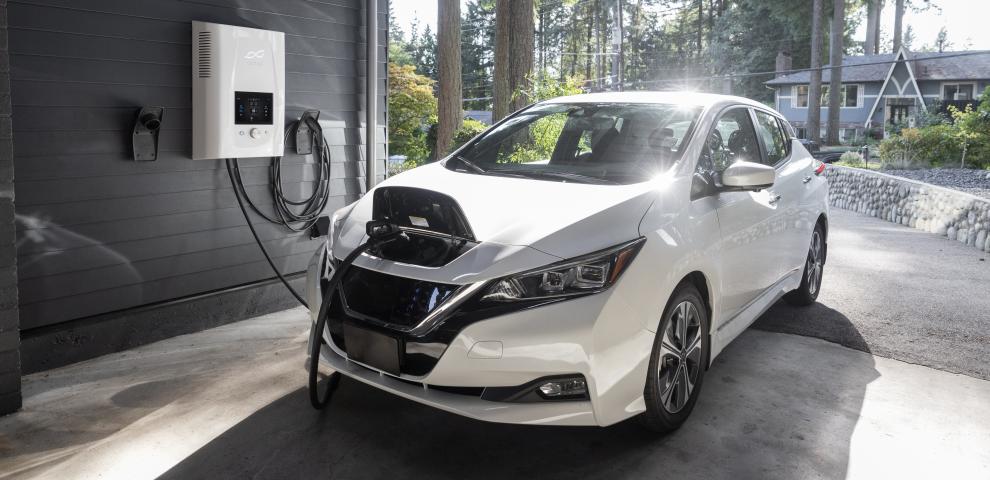
The new Lithium-Air Battery is here to quadruple the capacity of Lithium Batteries and shape the future of electric vehicle industry
The EV (electric vehicle) industry, as we all know, is rapidly growing as technology and interest both evolve. It's a given that we will see more EVs take the market by storm. In the coming future, they are said to hit not just roads but skies and seas too. While EVs provide a glimpse of a green future and significant opportunity, at the same time, such high-end technology comes at an expensive cost. This is, of course, a big hurdle to its growing popularity.
So, will electric vehicle prices go down in the future?
The answer to this conundrum lies in the super-advanced lithium-air batteries, developed by the researchers of the Illinois Institute of Technology and Argonne National Laboratory. This battery can store almost four times as much energy as its predecessor, the lithium-ion battery of the same size.
As we all know, EVs travel as far as batteries take them and an average electric car’s range today is 150-300 miles. Presently, most electric vehicles near you and I use lithium-ion batteries—good enough for inner city commutes but not for long road trips. This is one of the most prominent reasons why potential buyers sometimes avoid EVs.
However, now with the next-gen lithium-air batteries, the energy storage of batteries could dramatically rise to quadruple times. The difference can be attributed to the chemical reactions taking place inside these batteries.
In the coming years, when electric cars will take over, lithium-air batteries can shape their future in a better way than lithium-ion batteries. According to INN (Innovation News Network), lithium-ion batteries comprise tanks of oxygen and liquid electrolyte. The electrolytes present in them allow the lithium and oxygen to blend and release energy. So, when this energy charges, it leads the lithium and oxygen to break apart, storing energy.
The lithium-air batteries, on the other hand, allow lithium and oxygen to bond and release energy. However, they don’t need liquid electrolytes or oxygen in a tank. Because they can simply take oxygen from the air, making the battery much more efficient at the molecular level itself.
While lithium-ion batteries involve chemical reactions that have one or two electrons stored per oxygen molecule, lithium-air batteries have four electrons for a single oxygen molecule, claimed Rachid Amine, one of the researchers on this project.
Long overdue, this development will lead lithium-air batteries to operate at room temperature, which is a must for them to be used in EVs. A report suggests that these batteries will even have efficient power to run long-haul trucks and planes.
With the advent of these improved EV batteries, electric vehicles will be more cost-effective, convenient, and cheaper to drive, eliminating owners’ expenses and time both. There’s more, and these batteries have the highest projected energy density of any battery technology being considered for future batteries. This is why they are known to be the future of batteries, sure to make EVs more appealing to the masses.




